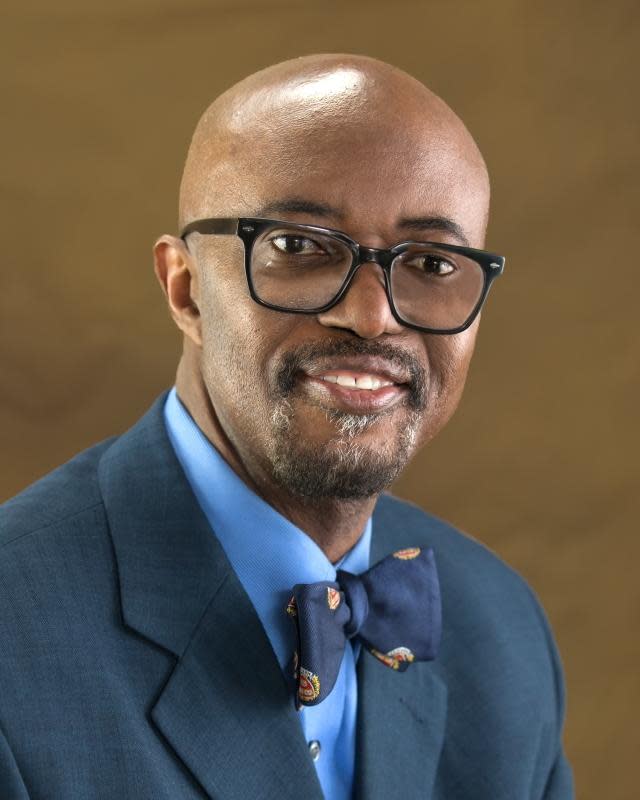Kojo Quartey: What does the debt ceiling mean for you and me

The U.S. debt ceiling tells us up to how much the federal government can borrow. It is a limit established by the government which cannot be exceeded.
So what does that mean and why is it important? Well, in lay terms, all of us as individuals are economic entities who take in and spend money. In order to spend money, we either have to earn (revenues) or borrow it (debt). Like individuals or businesses, the U.S. government is also an economic entity that takes in revenues and expends those revenues on various goods and services.
Simplistically put, let’s assume that you have a credit card with a $10,000 limit – that is your maximum debt limit. As you went holiday shopping you realized that you did not have enough to buy all the goodies you wanted. You know that every thing you want will cost $12,000, so you call your bank to increase your limit to $12,000. Your debt ceiling is now higher and you can spend more. Remember, you are going into more debt and will have to make payments on the credit card. If your limit is not increased, you cannot buy more goods and services. As long as you continue to make payments on your credit card and do not default, your debt limit can continue to be raised, allowing you to borrow more and get into deeper debt, like the U.S. has been doing.
What happens if you are delinquent? Your credit rating suffers, you are unable to borrow more and unable to pay some other debts. You are in big trouble! Now, let’s extend this concept to the U.S. The amount of money owed by the federal government is the national debt. This is all the borrowing the federal government has done over the years and owes. The national debt is similar to a person using a credit card for purchases and not paying off the full balance each month. It accumulates, it builds interest and could get out of control. The current national debt is almost $31.5 trillion and rising by the minute. The debt limit is $31.4 trillion and has been reached. This means unless the debt limit is raised, the U.S. could default on outstanding loans, affecting its credit rating, the entire economy, the world financial markets and economy. We do not want that happening with the world’s largest economy, because as someone once said, “when the U.S. sneezes, the world gets a cold.” It could lead to closed government offices, laid-off government employees, closed national parks and much more.
According to the Committee for a Responsible Federal Budget, “A Moody’s Analytics report released in September 2021 estimated that a default could have similar macroeconomic consequences to the Great Recession: a 4 percent Gross Domestic Product (GDP) decline, nearly 6 million lost jobs, and an unemployment rate of 9 percent. In addition, Moody’s predicted a $15 trillion loss in household wealth, with stocks dropping by as much as one-third at the depths of the selloff.”
The U.S. has always had debt, beginning with money borrowed to finance the Revolutionary War. According to USAfacts.org, “since 1960, the US has either raised, extended, or revised the debt ceiling 78 separate times, and has never failed to raise the debt ceiling.” In 1939, the debt ceiling was first established at $65 billion. So much for that limit!
If not raised, the government could limit spending on some services, shut down some offices, not pay back some debts, or borrow from some departments – these are known as “extraordinary measures”. Secretary of the Treasury Janet Yellen has suggested suspending contributions to certain government pension funds and making them whole once the political impasse has ended.
Regardless of the political wrangling, it would be irresponsible on the part of legislators to not suspend the debt ceiling. The consequences would be too dire. Doing away with the ceiling completely would only lead to more irresponsible spending by our government, taking our already overburdened debt to higher levels.
Kojo Quartey, Ph.D., is president of Monroe County Community College and an economist.
This article originally appeared on The Monroe News: Kojo Quartey: What does the debt ceiling mean for you and me

